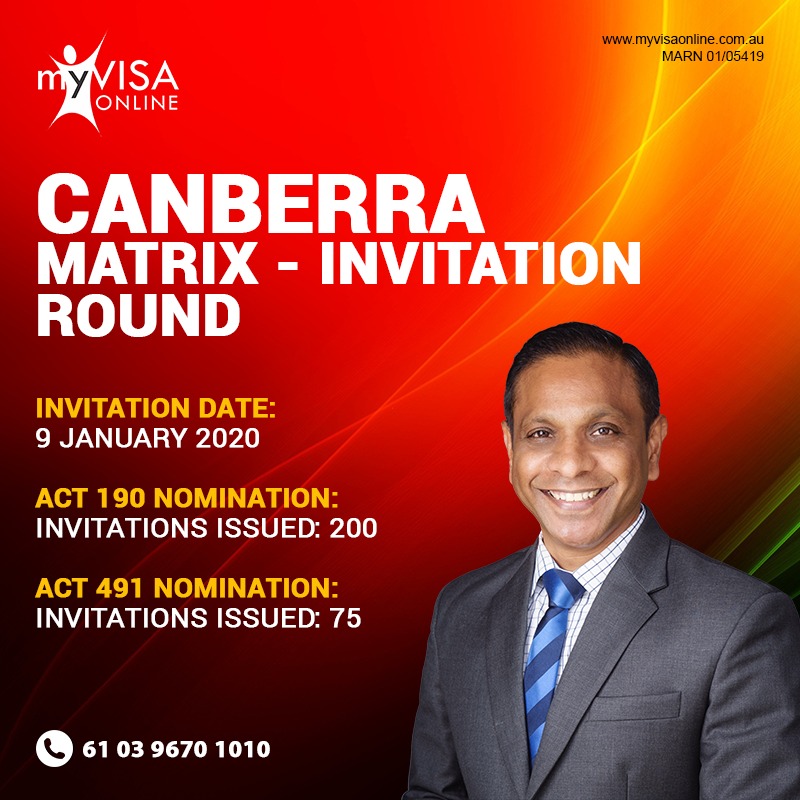The Morrison Government is delivering on its promise to boost regional migration, by ensuring our visa system supports Australian businesses and drives skilled migrants to our regions.
The Government has reduced the permanent migration program cap from 190,000 to 160,000 places, and within that has set aside 23,000 places for regional visas.
In the first quarter of this program year the Government has granted more than 6350 regional visas. This is an increase of 124 per cent, compared to the same time last year.
Minister for Immigration, Citizenship, Migrant Services and Multicultural Affairs David Coleman said the migration system is critical to safeguarding the livelihood and continued growth of regional areas.
“Governments have always had a strong view about the total number of people who come to Australia through our immigration system, but what we’re doing now is increasing the focus on the distribution of where those people go,” Mr Coleman said.
“Already we’re seeing results. The Regional Sponsored Migration Scheme (RSMS) has increased by 179 per cent and the Regional Skilled Sponsored visa has increased by 79 per cent, meaning we are well on track to meet our target of 23,000 regional visas by the end of the program year.
“These regional visas are a key pillar of our Population Plan which is working to ease the pressure on the big capitals while supporting the growth of those regions that want more people.”
Earlier this year, the Government announced two new provisional skilled regional visas that will enable regional businesses to fill vacant jobs faster when Australian workers are not available, and encourage skilled migrants and their families to settle and remain in regional areas.
The new regional visas will come into effect on 16 November, replacing the RSMS and Regional Skilled Sponsored visas.
To ensure we meet our targets and continue to support regional Australia, Minister Coleman has deployed six new Regional Outreach Officers to the states and territories to promote skilled migration initiatives and provide dedicated supported to regional employers, helping them understand their skilled visa options.
This is in addition to $19.4 million in funding to support regional areas attract skilled migrants, including by providing priority processing on regional visa applications.
The Government is also seeing growth in the Working Holiday Maker (WHM) program, with 43,000 young people granted a second year visa in 2018-19 – an increase of 20 per cent.
Only working holiday makers who complete three months of specified work in a regional area can access the second-year WHM visa. This means more young people working in and supporting regional and rural areas, particularly on farms.
“The Morrison Government is working with regional communities to ensure our visa programs are able to support farmers and regional businesses fill critical workforce shortages,” Mr Coleman said.
“While we’re getting on with the job to deliver more skilled migration to regional Australia, Labor and the unions want to scrap key parts of our regional migration program, including the second year WHM program.
“This would have a devastating effect on farmers, businesses and regional economies.”
https://minister.homeaffairs.gov.au/davidcoleman/Pages/morrison-regional-migration-target.aspx


